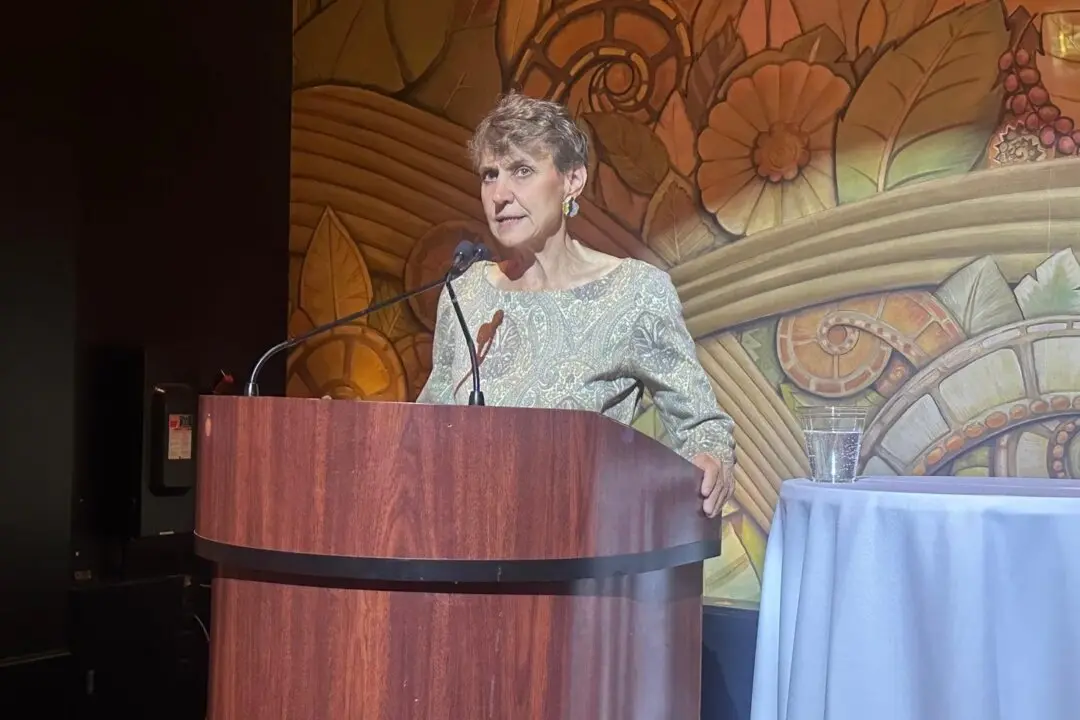Commentary
Toronto Metropolitan University’s recent decision to reserve seats in its new medical school based on race and identity marks a troubling development in Canadian higher education. Set to open next fall, TMU’s medical school plans to allocate 75 percent of its seats to indigenous, black, and other “equity-deserving” groups, including 2SLGBTQ+ individuals.





